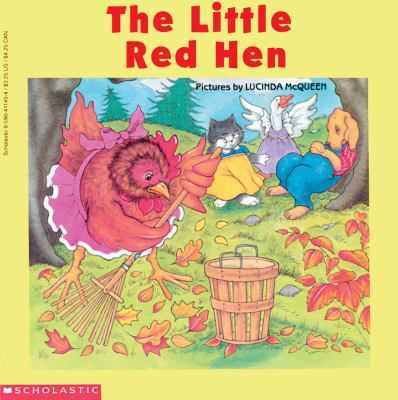To introduce fables, I showed a Pixar video, which the kids absolutely loved. It's one of their animated shorts and it's about bullying.
After the video, we talked about the character traits of the two different birds and we discussed the lesson in the story. I introduced the word moral and really worked on getting kids to provide evidence from the video for their thinking. We also talked about how the character's didn't have names and how in fables the name of the animal is their name. One kid even called out at the end of the video, "Hey, that was way too short!" which I used as a teachable moment to add in that fables are almost always short stories. (I'm not sure this video actually counts as a fable because it's modern and I think fables have to have an oral tradition first, but at the end I got across the point that fables are short stories with animals and they have a moral, so it worked for me.)
Then, I had students fill in the blanks on a quick little info sheet on fables and glue that into the Genres section of their Reading is Thinking journals.
The next day, I read Fables by Arnold Lobel.

This is a Caldecott winner, and I like it because he wrote all the fables himself, so unless the kids have read this exact book, the stories are all new. I read aloud one of the stories and modeled for the students how to identify character traits and how to find the moral. Again, I focused a LOT on providing evidence from the text for my thinking, because that meets the standard. Then I read another of the fables aloud and had the students turn and talk to find the character traits and moral.
The next day, I read The Little Red Hen by Lucinda McQueen.

This is my favorite Little Red Hen story because I like to do all the voices. We had enough of these in the bookroom at school for each kid to have his or her own copy. After we read the story, I gave the students my graphic organizer for this and we worked together to complete it. I ended up only using the first page, because the second page wasn't as critical to the standards I was trying to meet. You can see the entire organizer here.
Thursday we hit a little snafu because I was ready for the little people to try this on their own, but they weren't. I gave them they graphic organizer and a short, easy-to-read copy of The Grasshopper and the Ant. Some of them did an ok job, but they weren't really writing in sentences, and they weren't really coming up with great character traits and a few kids didn't understand that the moral had to apply to them. I had a few "The moral is that you should gather food before fall." But, as my best friend tells me A LOT, "teaching is all about being recursive and reflective," so I was. We went over their papers on Friday, and I highlighted where students had done well because a lot of them had gotten the character trait and not the moral or had the trait but no evidence or whatever. Then I told them I wanted that kind of work on the whole paper, not just part of it. We read a couple more fables out loud and practiced talking in sentences so that we could write in sentences. "The __________ is ___________ because _____." We practiced making the moral all about us. Then we tried again. And SUCCESS!! Sentences! Character traits! Morals! See:
jineriss=generous
Now, I have a couple of students who used nice and mean as their character trait words, but that's mostly a vocabulary issue, and I am working on that. (More about that another day). Also, we will all still need to work on forming sentences. But that will come with more practice and discussion.
Next week, I will work with a small group for those students who still are having trouble generalizing a moral. The whole class will be taking some Reader's Theater scripts of fables and preparing performances. We will continue to read and discuss fables, but our focus will switch to reading foundational skills: fluency, expression, etc.
So what do you think? Suggestions? Ways to improve? Also, if you have other lessons on fables or great read aloud suggestions, put them in the comments box.





